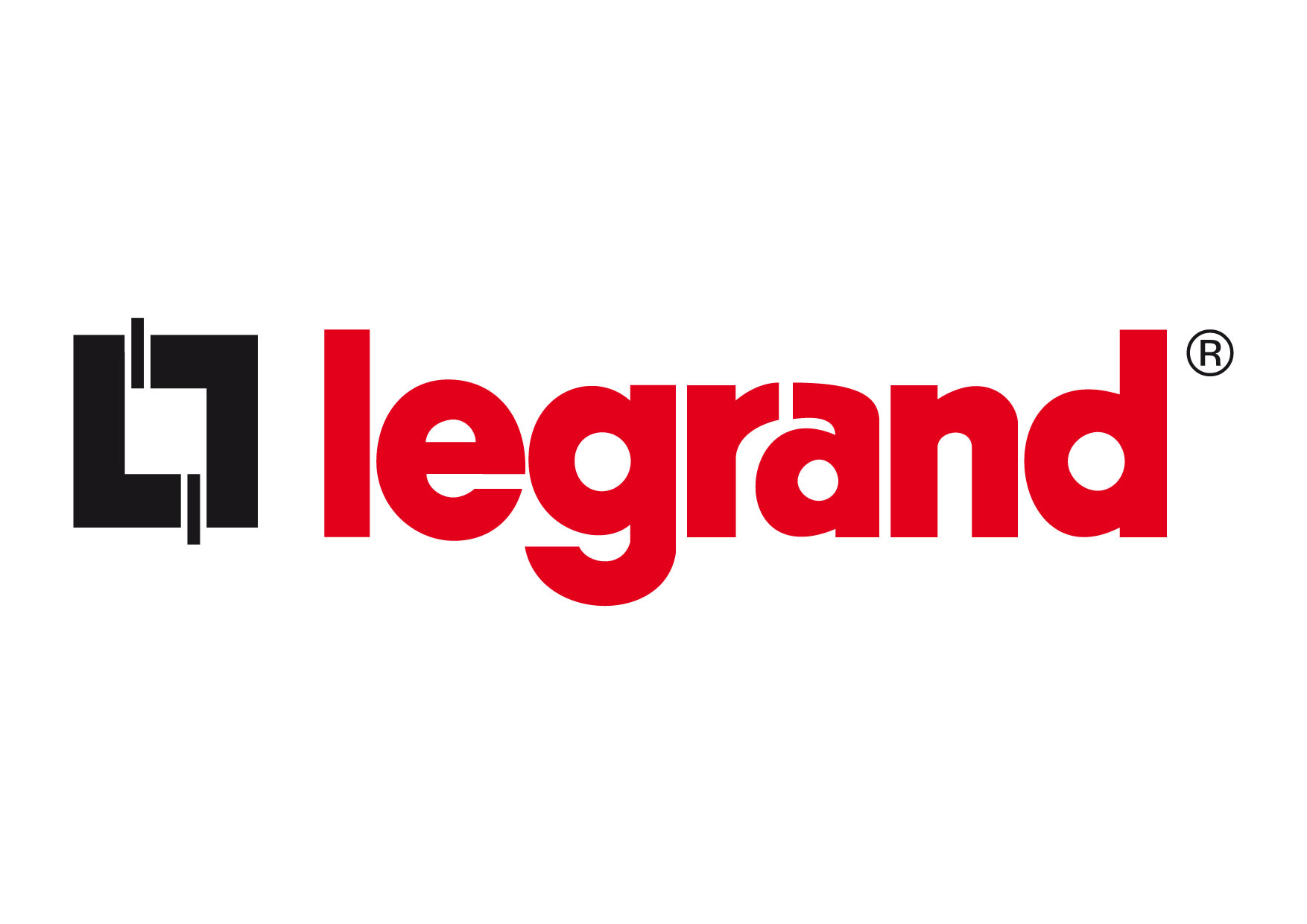Today, Legrand joined President Obama and Department of Energy officials in Washington, D.C. to announce the company has joined the Better Building, Better Plants Presidential Leadership initiative to create American jobs through energy efficiency.
Legrand is a manufacturer of electrical and data networking products for residential, commercial or industrial buildings. The company is one of just nine U.S. industrial organizations that have joined the initiative as Challenge Partners, pledging to the most aggressive energy savings, management and reporting practices outlined in a U.S. Department of Energy agreement.
By encouraging office and plant upgrades and renovations, the deployment of energy-saving solutions will boost local construction projects and expand opportunities for architects, design engineers, contractors and installers in communities throughout the U.S.
“People think energy-saving solutions are more complex than they are,” explained John Selldorff, president & chief executive officer of Legrand North America. “We hope to show our customers, suppliers and other mid-size manufacturers how to cut through the complexity with simple, repeatable solutions that are currently available to significantly reduce energy consumption. It can be as simple as controlling the lights to make sure they are off when not needed.”
The Better Building Challenge reporting requirements demand transparency and encourage replication of Challenge Partner projects across the U.S. economy.
“As other companies see what we do and deploy these ideas, they’ll realize energy and cost savings and, ultimately, spur more job creation in their own communities,” continued Selldorff.
As a Challenge Partner, Legrand has agreed to a series of high-impact actions that include:
- Reduce corporate wide energy intensity by 25% over ten years.
- Implement a “Showcase” project at a single site that will achieve a 10% energy intensity reduction in just two years.
- Deploy a “market innovation” that will accelerate achievement of energy efficiency gains.
- Report regularly on progress toward goals and lessons learned in deploying innovations and energy efficiency solutions.
Specific Legrand energy saving pledges and projects will be announced at a later date; however, the company is already installing sub-meters technology at 14 of its U.S. offices, manufacturing plants and warehouses. The technology will allow Legrand to instantly measure energy use, determine where greater efficiencies can be achieved through lighting and plugload management, and identify other upgrades needed to achieve energy efficiency goals. BD+C
Related Stories
Museums | Aug 11, 2010
Design guidelines for museums, archives, and art storage facilities
This column diagnoses the three most common moisture challenges with museums, archives, and art storage facilities and provides design guidance on how to avoid them.
| Aug 11, 2010
Broadway-style theater headed to Kentucky
One of Kentucky's largest performing arts venues should open in 2011—that's when construction is expected to wrap up on Eastern Kentucky University's Business & Technology Center for Performing Arts. The 93,000-sf Broadway-caliber theater will seat 2,000 audience members and have a 60×24-foot stage proscenium and a fly loft.
| Aug 11, 2010
Citizenship building in Texas targets LEED Silver
The Department of Homeland Security's new U.S. Citizenship and Immigration Services facility in Irving, Texas, was designed by 4240 Architecture and developed by JDL Castle Corporation. The focal point of the two-story, 56,000-sf building is the double-height, glass-walled Ceremony Room where new citizens take the oath.
| Aug 11, 2010
Carpenters' union helping build its own headquarters
The New England Regional Council of Carpenters headquarters in Dorchester, Mass., is taking shape within a 1940s industrial building. The Building Team of ADD Inc., RDK Engineers, Suffolk Construction, and the carpenters' Joint Apprenticeship Training Committee, is giving the old facility a modern makeover by converting the existing two-story structure into a three-story, 75,000-sf, LEED-certif...
| Aug 11, 2010
Utah research facility reflects Native American architecture
A $130 million research facility is being built at University of Utah's Salt Lake City campus. The James L. Sorenson Molecular Biotechnology Building—a USTAR Innovation Center—is being designed by the Atlanta office of Lord Aeck & Sargent, in association with Salt-Lake City-based Architectural Nexus.
| Aug 11, 2010
San Bernardino health center doubles in size
Temecula, Calif.-based EDGE was awarded the contract for California State University San Bernardino's health center renovation and expansion. The two-phase, $4 million project was designed by RSK Associates, San Francisco, and includes an 11,000-sf, tilt-up concrete expansion—which doubles the size of the facility—and site and infrastructure work.
| Aug 11, 2010
Goettsch Partners wins design competition for Soochow Securities HQ in China
Chicago-based Goettsch Partners has been selected to design the Soochow Securities Headquarters, the new office and stock exchange building for Soochow Securities Co. Ltd. The 21-story, 441,300-sf project includes 344,400 sf of office space, an 86,100-sf stock exchange, classrooms, and underground parking.
| Aug 11, 2010
New hospital expands Idaho healthcare options
Ascension Group Architects, Arlington, Texas, is designing a $150 million replacement hospital for Portneuf Medical Center in Pocatello, Idaho. An existing facility will be renovated as part of the project. The new six-story, 320-000-sf complex will house 187 beds, along with an intensive care unit, a cardiovascular care unit, pediatrics, psychiatry, surgical suites, rehabilitation clinic, and ...
| Aug 11, 2010
Colonnade fixes setback problem in Brooklyn condo project
The New York firm Scarano Architects was brought in by the developers of Olive Park condominiums in the Williamsburg section of Brooklyn to bring the facility up to code after frame out was completed. The architects designed colonnades along the building's perimeter to create the 15-foot setback required by the New York City Planning Commission.








